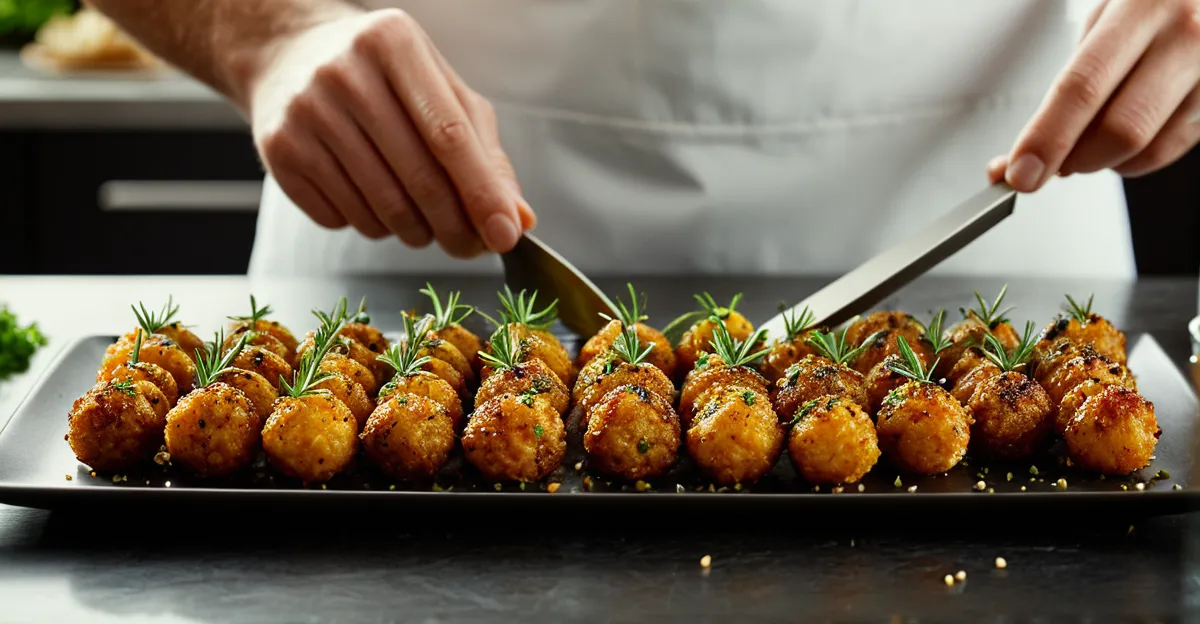Integrating Modern Food Trends into British Cuisine
Exploring the British cuisine evolution reveals an exciting interplay between time-honoured dishes and emerging modern food trends. Today’s culinary scene actively embraces the fusion of global flavours with British classics, crafting vibrant and innovative plates that respect heritage while appealing to contemporary palates. For instance, traditional staples such as shepherd’s pie or fish and chips are being reimagined with spices and ingredients inspired by Asian or Mediterranean cuisines, adding depth without abandoning their roots.
A significant aspect of culinary innovation is the growing emphasis on sustainable sourcing and local ingredients. This trend promotes environmental responsibility by prioritizing freshness, seasonal produce, and supporting local farmers. It not only enhances flavour but also aligns with consumers’ increasing awareness of ethical eating practices. British producers are adopting zero-waste practices and organic farming, which feed directly into modernised versions of traditional recipes.
Topic to read : How do you create a homemade pork pie with perfect pastry?
Moreover, the rise of plant-based and health-conscious adaptations reflects consumers’ shifting preferences toward nutrition and wellness. Many classic British dishes are being adapted to include vegetables, alternative protein sources, and wholefoods, catering to vegan and vegetarian diets. This shift is part of a broader trend redefining what British food means today, merging respect for tradition with forward-looking health considerations.
By integrating these developments, British cuisine continuously transforms. The delicate balance of preserving authenticity while embracing innovation is vital to its ongoing evolution and popularity in a globalised food culture.
Also to read : How Can British Cooking Techniques Enhance Modern Dishes?
Practical Strategies for Evolving British Dishes
When it comes to modernised British recipes, chefs and home cooks alike are increasingly embracing culinary innovation to revamp iconic dishes without losing their essence. This process often starts by updating preparation methods—such as using sous-vide for precise cooking or introducing fermentation techniques—that enhance flavour and texture while respecting traditional foundations.
Sustainability is central to these updates. The move toward sustainable British food involves sourcing ingredients seasonally and locally, reducing carbon footprints, and minimising waste. For example, many kitchens now prioritise whole-animal butchery or root-to-stem vegetable use, ensuring more ethical and eco-friendly approaches to British cooking. This shift not only supports local farmers but also elevates the provenance of each ingredient, enriching the final dish’s narrative.
Insights from British chefs reveal a deliberate effort to balance heritage with modern tastes. They often focus on subtle tweaks—such as swapping out heavy creams for plant-based alternatives or introducing global spices—to meet contemporary dietary preferences while honoring original recipes. These thoughtful changes help traditional meals remain relevant and exciting, exemplifying how adapting traditional dishes can thrive through mindful evolution.
Balancing Heritage and Innovation in British Food
Striking a balance between preserving British food tradition and fostering innovation in British cooking is essential to the country’s culinary vitality. British cuisine thrives on its rich history, yet it remains open to cultural influences on cuisine from a multicultural society. These cross-cultural interactions inspire new flavours and techniques, enriching traditional dishes without eroding their core identity.
How do British chefs maintain culinary identity amid modernisation? They achieve this by carefully integrating contemporary elements that complement rather than overshadow heritage. For example, adapting a classic roast by incorporating spices or cooking methods from other cultures allows innovation while respecting the original profile. This approach keeps dishes familiar yet fresh, appealing to diverse palates.
Moreover, safeguarding traditional techniques occurs alongside evolving culinary offerings. Many chefs emphasise methods passed down through generations—such as slow braising or curing—but reinterpret them with modern presentation and ingredients. This duality ensures that while recipes evolve, the craftsmanship and cultural significance remain intact.
The influence of multicultural Britain on cuisine is evident in the emergence of hybrid dishes, where British staples meet global tastes. Such fusion not only stimulates creativity but positions British food as a dynamic reflection of contemporary society. By valuing both tradition and innovation, British cooking sustains its authenticity while embracing change.


